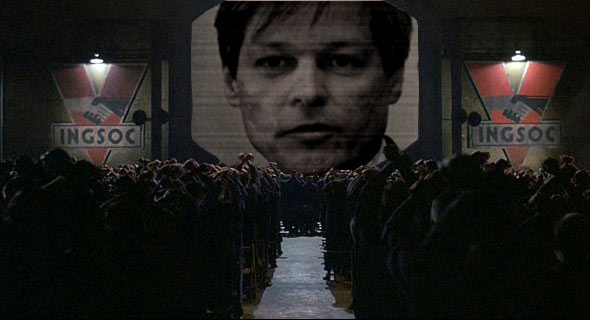What’s in a word? Or, to be more specific, two words? Where CAP and the term ‘public good’ is concerned, quite a lot. A new briefing note from the Institute for European Environment Policy takes a look at how the slogan ‘public money for public goods’ has come to define the political debate over the future shape of the CAP.
The briefing looks at the evolution of the idea of environmental public goods as a justification for future public expenditure on agriculture. It also sounds a note of caution, that’s worth repeating here:
… Read the restThe increasing visibility of the public goods concept however, has resulted in the concept being interpreted in different ways.


